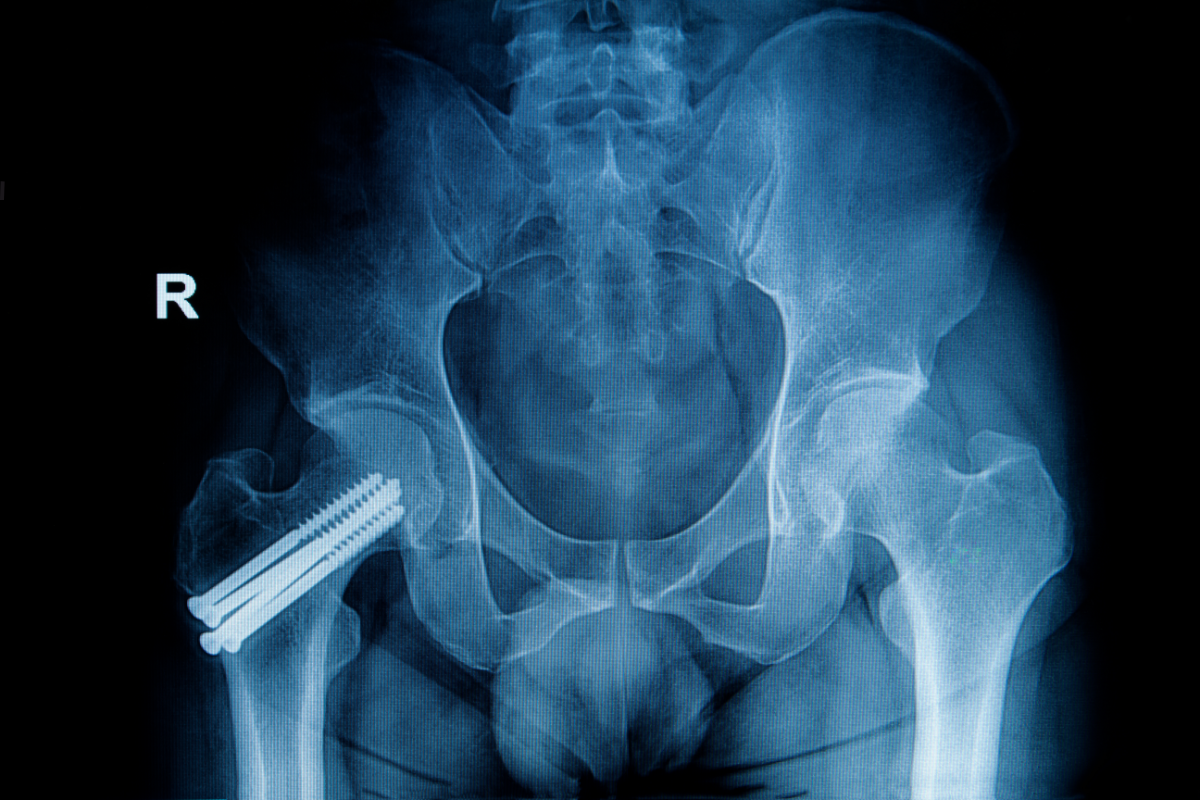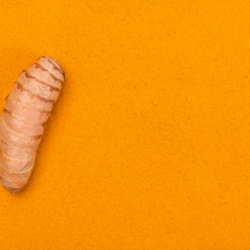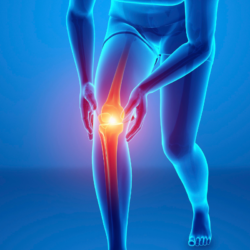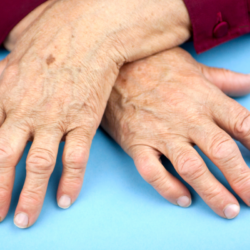Bone health is crucial to maintaining optimal mobility and quality of life, particularly as we age. Among the emerging natural solutions, shilajit stands out as a traditional and scientifically validated remedy offering remarkable benefits for strengthening and protecting bones. This article explores the mechanisms and benefits of shilajit in the context of osteoporosis prevention and bone regeneration.
What are the benefits of Shilajit for bone health?
Boosts bone density
Bone density is a crucial parameter for preventing fractures and maintaining a strong skeleton. Shilajit plays a key role in promoting the active absorption of calcium and magnesium, two minerals essential for bone mineralisation. The fulvic acids present in shilajit act as biological transporters, facilitating the integration of these essential nutrients directly into bone cells. This process improves the structural rigidity of bones and significantly reduces the risk of pathologies such as osteoporosis.
Studies have shown that regular administration of shilajit can increase serum levels of calcium and phosphorus, thereby strengthening bone microarchitecture.
These effects are particularly beneficial for post-menopausal women and individuals suffering from mineral deficiencies.
Reduced bone inflammation
Chronic inflammation is an aggravating factor in many bone diseases, particularly arthritis and fractures. Shilajit’s bioactive compounds, such as dibenzo-alpha-pyrones and powerful antioxidants, act by neutralising free radicals and inhibiting pro-inflammatory cytokines such as interleukin-6 (IL-6). This anti-inflammatory activity helps to reduce joint pain and prevent the breakdown of bone tissue.
In experimental models, shilajit-based treatments showed a significant reduction in inflammatory biomarkers, while promoting an environment conducive to recovery and bone regeneration. These results underline the therapeutic potential of shilajit for patients suffering from chronic or acute bone pain.
Stimulation of bone regeneration
Bone regeneration is based on the differentiation of mesenchymal stem cells (MSCs) into osteoblasts, the cells responsible for bone formation. Shilajit acts as an osteo-inducing agent, accelerating this process thanks to its unique properties. In cell cultures, shilajit has been shown to significantly increase the activity of alkaline phosphatase (ALP), a key marker of bone formation.
In 3D environments simulating the natural conditions of the human body, shilajit stimulated an increase in the mineralisation of calcium and phosphorus, fundamental elements for bone remodelling. These effects are particularly noticeable when used in combination with biological supports such as alginate, paving the way for innovative applications in regenerative medicine.
In addition, clinical studies have confirmed that oral administration of shilajit after a fracture or bone surgery improves healing and functional recovery, positioning it as a promising natural alternative for the management of bone injuries.
Biological mechanisms underlying the benefits of Shilajit
The impressive effects of shilajit on bone health are based on complex biological mechanisms, validated by recent research. Here are the main actions identified:
- Neutralisation of oxidative stress
Shilajit is rich in fulvic acid and dibenzo-alpha-pyrones, antioxidant molecules capable of reducing free radicals. Free radicals are responsible for oxidative stress and are one of the major causes of bone tissue degradation. By restoring the oxidative balance, shilajit protects bone cells from premature ageing and structural fragility. - Modulation of inflammatory biomarkers
Shilajit’s anti-inflammatory properties can be explained by its ability to inhibit pro-inflammatory cytokines, in particular interleukin-6 (IL-6). This action limits the chronic inflammatory processes that accelerate bone resorption, offering protection against arthritis and other inflammatory pathologies. - Stimulation of bone formation
Shilajit acts as an osteoinducer, stimulating the differentiation of mesenchymal stem cells into osteoblasts by increasing alkaline phosphatase (ALP) activity. This enzyme marker is essential for bone mineralisation, promoting the solidification and remodelling of bone tissue. - Optimising the bioavailability of minerals
The bioactive compounds in shilajit increase the bioavailability of calcium, phosphorus and magnesium by promoting their transport across cell membranes. These minerals are crucial for bone density and resilience, reducing the risk of fractures.
How can you incorporate Shilajit into your routine?
To reap the full benefits of shilajit for bone health, it’s essential to know how to incorporate it effectively into your daily routine. Available in a variety of forms, including powder, resin and capsules, shilajit can be adapted to suit different consumer preferences. The average recommended dose for an adult is between 250 and 500 mg a day, enough to support bone regeneration and improve mineral density. This dose should be taken regularly to ensure optimal long-term effects.
Combining shilajit with a balanced diet is also crucial. To maximise its action, it is advisable to combine it with calcium-rich foods, such as milk, dairy products or green vegetables, as well as with sources of vitamin D, such as oily fish or eggs. These nutrients work in synergy with shilajit to strengthen bones and prevent mineral deficiencies.
Finally, it is strongly recommended that you consult a health professional before starting to take shilajit, particularly if you are already undergoing medical treatment or if you suffer from a chronic bone condition. This precaution allows the dosage to be adapted to your specific needs and prevents any potential interaction with other medications.
Sources
- Pingali U, Nutalapati C. Shilajit extract reduces oxidative stress, inflammation, and bone loss to dose-dependently preserve bone mineral density in postmenopausal women with osteopenia: A randomized, double-blind, placebo-controlled trial. Phytomedicine. 2022 Oct;105:154334. doi: 10.1016/j.phymed.2022.154334. Epub 2022 Jul 19. PMID: 35933897.
- Kangari P, Roshangar L, Iraji A, Talaei-Khozani T, Razmkhah M. Accelerating effect of Shilajit on osteogenic property of adipose-derived mesenchymal stem cells (ASCs). J Orthop Surg Res. 2022 Sep 24;17(1):424. doi: 10.1186/s13018-022-03305-z. PMID: 36153551; PMCID: PMC9509599.
- Alshubaily FA, Jambi EJ. Correlation between Antioxidant and Anti-Osteoporotic Activities of Shilajit Loaded into Chitosan Nanoparticles and Their Effects on Osteoporosis in Rats. Polymers (Basel). 2022 Sep 23;14(19):3972. doi: 10.3390/polym14193972. PMID: 36235920; PMCID: PMC9571855.





